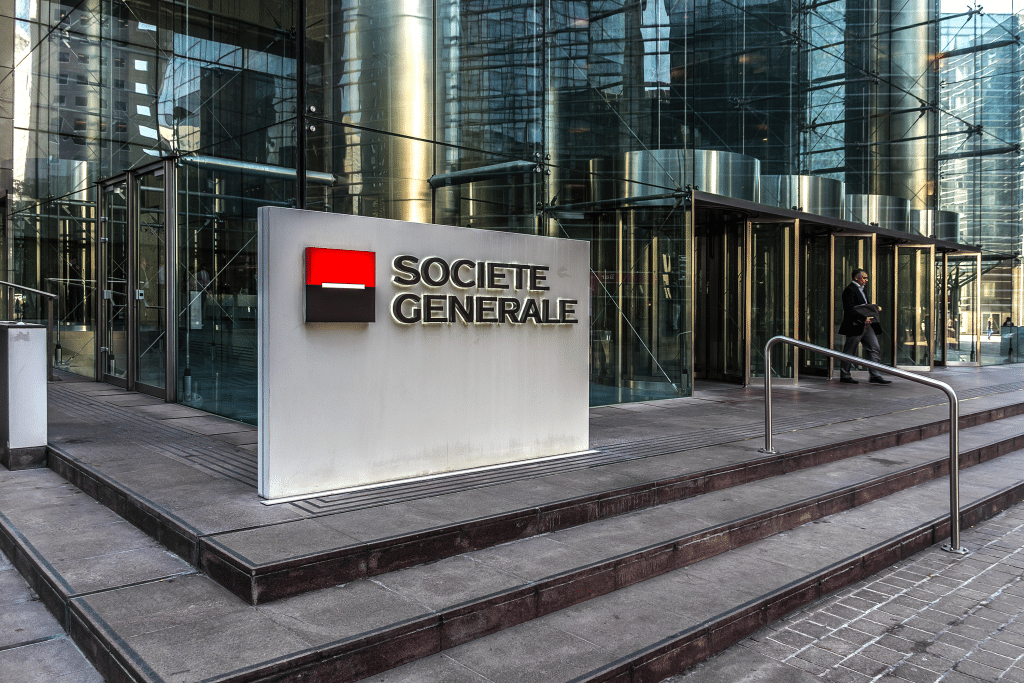Launched in France almost a year ago, the French bank Société Générale has decided to extend its “Pack Solaire” to Africa. Designed to support the energy transition of businesses, this new tool aims above all to support eco-responsible development. It is being launched at a time when Africa’s regions are experiencing very different energy situations.
Most of the countries in North Africa have significant installed electrical capacity. This is the case in Algeria and Egypt, where the rate of access to electricity is close to 100%. Energy stability guarantees the productivity of commercial and industrial companies. The challenge remains, however, to move away from the fossil fuels on which most of these countries depend. In Algeria, for example, 98% of electricity is generated from natural gas, a fossil resource, although it is considered a transitional energy.
The challenge in sub-Saharan Africa
In South Africa, the 58,000 MW of installed electricity capacity should normally be able to meet the needs of businesses. However, the southern African country is experiencing load shedding as a result of the age of its coal-fired power stations. Companies are now rushing to use renewable energies, encouraged by legislation that now allows them to produce up to 100 MW of renewable energy without prior approval from the national regulatory authority.
Read also- AFRICA: Societe Generale and IFC join forces to strengthen financing for the SDGs
The situation is a little more complicated in the countries of sub-Saharan Africa, where the need for energy transition goes hand in hand with low electricity production and distribution capacity. Faced with load shedding, many businesses have to rely on generators. This is the case in Nigeria, considered to be the largest importer of generators in Africa, with 2.4 billion dollars spent between 1996 and 2019, according to the United Nations Commodity Trade Statistics Database (UN Comtrade).
Feasibility study with data
So the stakes are high. Societe Generale’s “Solar Pack” offer “provides a responsible and innovative response to the expectations of our corporate and institutional customers on the African continent, who are looking for practical support with their environmental and energy issues”, explains Philippe Dubois, Head of Corporate for the Group’s International Banking Networks, Africa, Mediterranean Basin & Overseas, based in Paris, France.
In addition to providing its “Environmental and Social Loan” for renewable energy projects, Societe Generale plans to support its feasibility study using a tool developed by namR, a start-up specialising in the production of data on buildings and their environment. “The tool is based on enriched, accurate and usable data (on the land, the amount of sunlight, the materials, the building, etc.) to provide a realistic overall view of the project”, explains the bank in a press release consulted by Afrik21.
Jean Marie Takouleu
